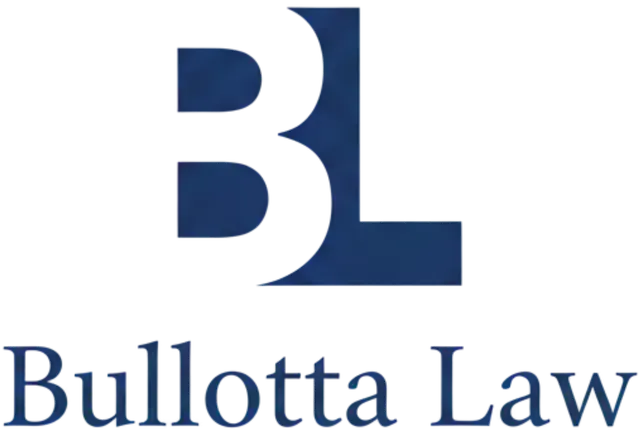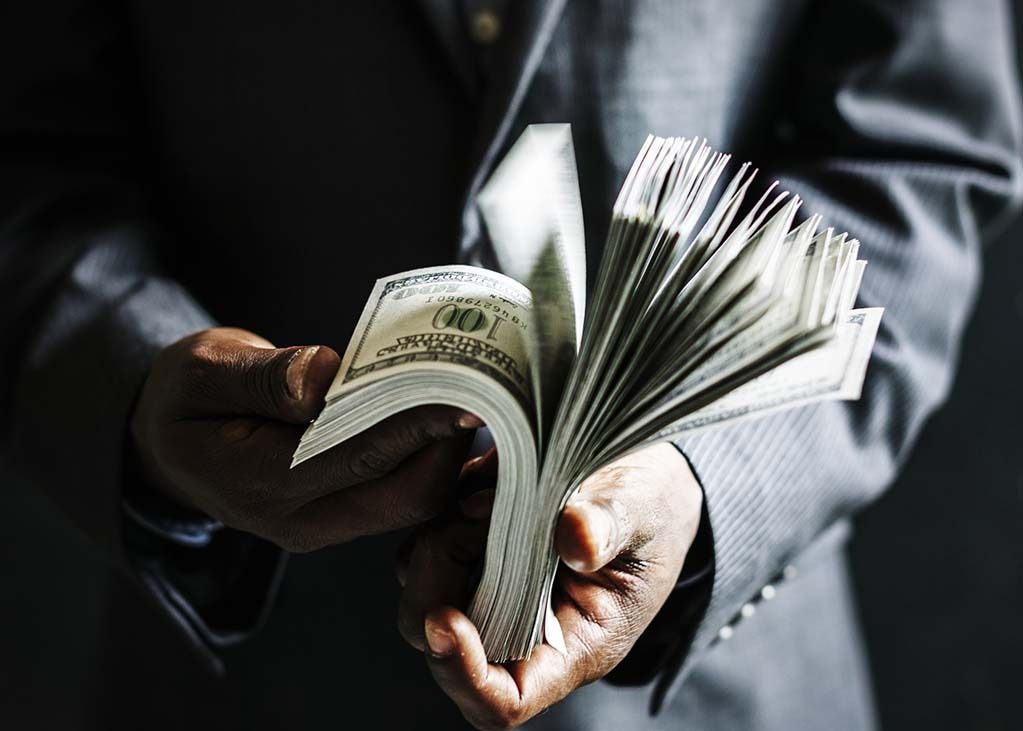Money Laundering
There are two main types of federal money laundering offenses that are commonly charged. One is a violation of Title 18, Section 1956 of the United States Code. This type of money laundering is where an individual conducts a financial transaction with money that he or she knows is from a certain type of criminal activity (such as fraud or illegal drug sales) and he or she does so with the intent to conceal the nature of the proceeds or to promote the criminal activity. This is the most serious money laundering charge, as it carries a sentence of up to 20 years imprisonment. The other money laundering charge is a violation of Section 1957, which only requires proof that the person conducted or tried to conduct a monetary transaction with more than $10,000 of money the person knew to be the proceeds of the criminal activity. The maximum sentence is 10 years imprisonment. Michael has investigated many federal money laundering cases, starting when he was a federal prosecutor in the drug unit of the Los Angeles United States Attorney’s Office in 1997.






